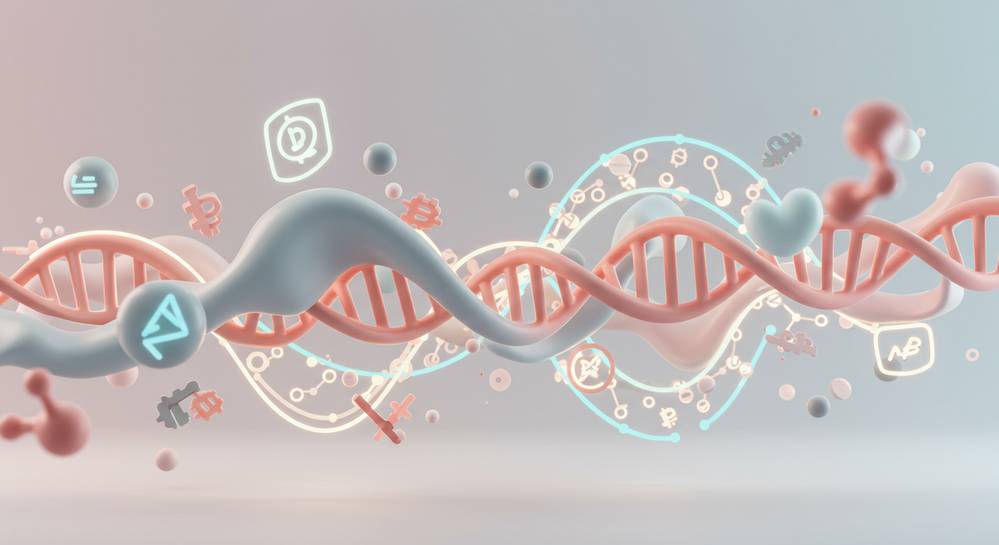The landscape of mental health care is continually evolving, with dedicated scientists and clinicians pushing the boundaries of understanding and treatment. Rapid advancements are offering new hope to millions worldwide grappling with various mental health conditions. This blog post delves into the most impactful new research on mental health treatments, exploring innovations that promise more effective, personalized, and accessible care for a brighter future.
Psychedelics and Digital Therapeutics: A New Frontier
Advancing Mental Health Treatments Through Psychedelics and Digital Tools
New research on mental health treatments is rapidly transforming care, particularly through psychedelic-assisted therapies and digital therapeutics. Clinical trials continue to demonstrate the profound efficacy of compounds like psilocybin for severe depression and MDMA for PTSD. These interventions, administered in controlled settings, facilitate deep emotional processing, offering lasting relief where traditional methods often fall short.
Alongside these psychedelic-assisted therapy advancements, digital therapeutics (DTx) are emerging as a scalable solution. These evidence-based applications deliver cognitive behavioral therapy (CBT) and mindfulness exercises via smartphones and virtual reality. This innovative mental health technology significantly enhances accessibility, reaching individuals in remote areas and those facing social stigma.
- Psychedelic Integration: Research explores how digital platforms can support pre-therapy preparation and post-session integration for psychedelic treatments.
- Personalized DTx: Future digital therapeutics aim for greater personalization, adapting interventions based on user progress and real-time data.
The synergy between these two frontiers promises a more comprehensive and accessible approach to mental well-being. This dual evolution represents a significant leap forward in addressing complex mental health challenges globally.
Precision Psychiatry and Genetic Insights

New Research on Personalized Mental Health Treatments
The landscape of mental health care is undergoing a profound transformation, driven by new research on mental health treatments. Precision psychiatry leads this evolution, leveraging an individual’s unique genetic makeup and biomarkers. This personalized approach aims to predict treatment responses accurately, moving beyond traditional trial-and-error methods. It significantly minimizes adverse effects, enhancing patient safety and efficacy.
Scientists are actively identifying specific genetic markers. These markers can indicate how a patient will react to various antidepressants or antipsychotics. Furthermore, advanced brain imaging techniques, such as functional MRI (fMRI), are providing unprecedented insights. They help researchers understand the complex neural circuits underlying different mental illnesses, paving the way for highly targeted interventions.
- Genetic Testing: Guides medication selection for improved efficacy.
- Biomarker Analysis: Offers objective data for diagnosis and monitoring.
- Neuroimaging: Maps brain activity to pinpoint therapeutic targets.
This tailored strategy promises more effective care. Matching the right treatment to the right person improves patient outcomes and reduces the global burden of mental health conditions. This is a critical step towards truly individualized mental well-being.
Neuromodulation and Integrative Approaches

New Research on Neuromodulation and Integrative Approaches
New research on mental health treatments highlights the growing impact of neuromodulation techniques. Transcranial Magnetic Stimulation (TMS) and Electroconvulsive Therapy (ECT) offer non-invasive, effective options for severe depression. These therapies continue to evolve, providing hope for those resistant to conventional treatments. Deep Brain Stimulation (DBS) also shows promise for conditions like severe Obsessive-Compulsive Disorder (OCD), targeting specific brain circuits.
Integrative mental health care complements these advancements by embracing a holistic view. It combines conventional treatments with evidence-backed complementary therapies. Nutrition, regular exercise, yoga, and mindfulness practices are increasingly recognized for their profound impact. This approach acknowledges the intricate connection between physical and mental well-being.
- Improved Mood: Lifestyle changes uplift emotional states.
- Reduced Stress: Holistic practices build resilience.
- Enhanced Resilience: Comprehensive care strengthens mental fortitude.
This comprehensive strategy, supported by new research on mental health treatments, promotes overall well-being. It moves beyond symptom management to foster lasting mental health. The integration of neuromodulation and lifestyle interventions marks a pivotal shift in modern care.
Addressing Challenges and Future Directions

Addressing Challenges and Future Directions in Mental Health Treatments
Despite rapid advancements, new research on mental health treatments faces significant hurdles. Stigma surrounding mental illness remains a primary barrier, affecting help-seeking behaviors and limiting research funding. Furthermore, a critical need exists for more robust, large-scale clinical trials to validate emerging therapies, ensuring long-term efficacy and safety across diverse populations.
Future directions are highly promising. Artificial intelligence (AI) and machine learning (ML) are being leveraged to analyze vast datasets. This enables earlier detection and more personalized intervention strategies, offering unprecedented opportunities for precision care.
- AI for Early Detection: Identifying mental health risks sooner.
- ML for Personalized Interventions: Tailoring treatments to individual needs.
- Preventative Mental Health: Promoting wellness throughout the lifespan.
Greater emphasis is placed on preventative mental health, focusing on early intervention programs. Collaborative efforts among researchers, policymakers, and communities are crucial. They ensure scientific breakthroughs translate into widespread, accessible, and equitable care for everyone.
The relentless pursuit of knowledge in mental health research continues to open new avenues for healing and recovery. From precision medicine to innovative digital platforms, the future of mental health care is bright, offering hope for more effective and accessible support. Embracing these advancements is key to fostering a healthier, more resilient global community. For deeper insights into holistic well-being, explore Blog Healthy 24h.
